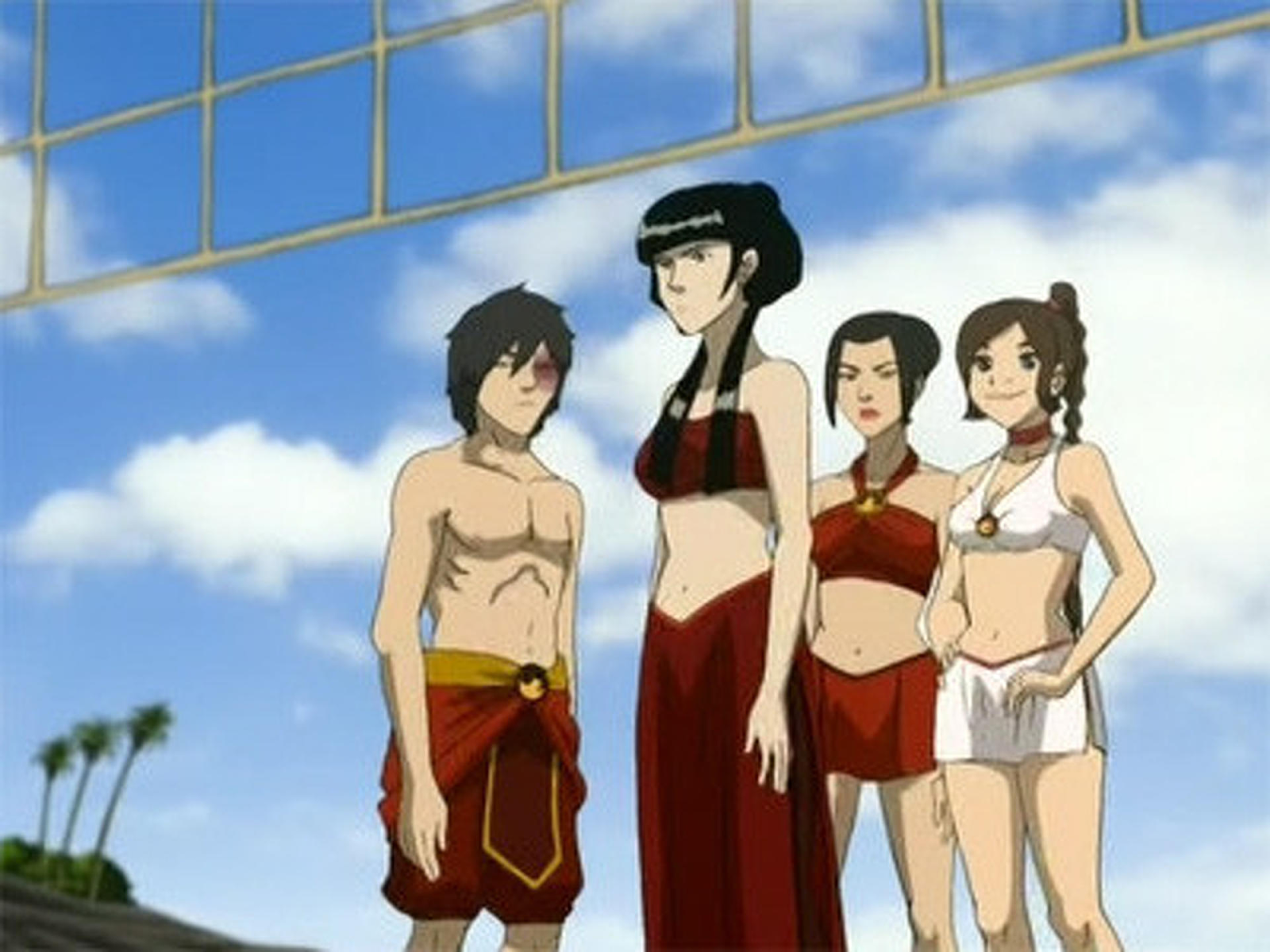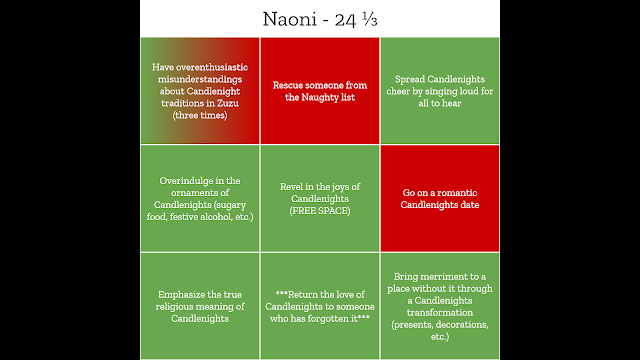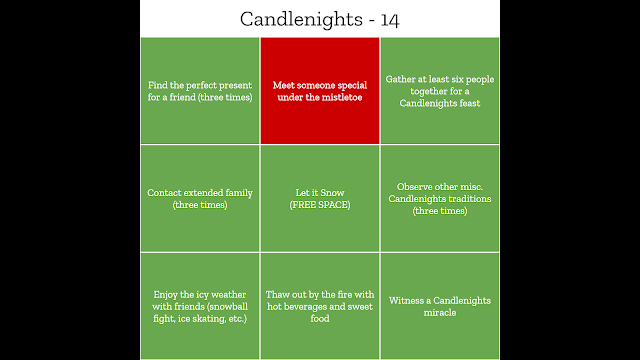In May, I decided to run a very different sort of session for my weekly D&D campaign. My party had already faced off with ghost pirates, dragons, sandworms, and a giant time-controlling robot. This session, I wanted to give them a very different sort of challenge:
A fluffy, filler-y 'beach episode.'
Anyone who has watched cartoons long enough knows what I'm talking about. Danger and peril are set aside, just for a while, in exchange for sunbathing, watermelon smashing, volley-ball-playing, low stakes character development.
In a game like D&D, where character development is often so tied to monster slaying, how can a DM mechanically engage their party with a session like this? Just as importantly, how can we squeeze as many of these tropes that we love to see into a 4 hour session? How do we give this game structure?
Previously, I might have just run the session as normal, RP-heavy session, calling for rolls every once in a while and relying on my improv skills to carry the day. Honestly, it probably would have been fun!
Instead, I tried something a little different, and it has totally revolutionized the way I run games.
Introducing, the D&D special session bingo board:
In about an hour, I filled a bingo board with all of the things I hoped to see during the session. When I started running out of ideas, I asked my players what they would like to get up to and filled in the gaps with their answers.
The goal was simple, each box they filled in gave them 500 XP, as did each completed row (or 'Bingo!') that they managed to get during the session. When we started playing, I set the scene and had each character "roll initiative." For the rest of the evening, I went player by player in order and asked which of the boxes they wanted to try and fill in during their turn.
Scene by scene and hour by hour the beach sand colored bingo board filled with more and more ocean blue water. By the end of the session (a lot of splashes, laughs, and heart-to-hearts later), my players had earned the last of the XP they needed to reach level 8.
The session was a hit, my players have barely stopped talking about it since, and I was sold on this new process.
Last night, I ran another take on this session with a more season-appropriate twist: the Christmas Special.
Before we started, I asked each of my players to tell me which Christmas movie they most associated with their PC, and I wrote up a smaller (3x3) Bingo board of scene goals based on each of their answers. See if you can guess which movies each player gave me:
I also made a general Christmas-themed board, whose points contributed towards every player's "score."
Presents were gifted. Eggnog was shared. Fireplaces were sat beside, and trees were decorated. I felt more festive than I had the entire rest of the holiday session.








Comments
Post a Comment